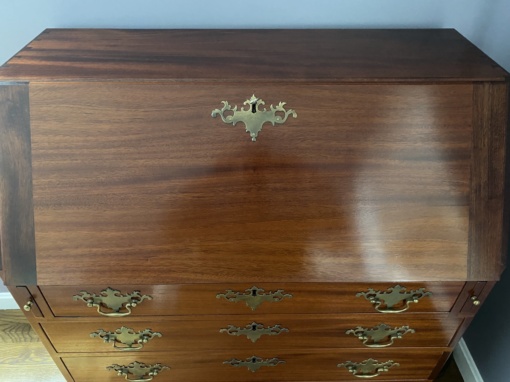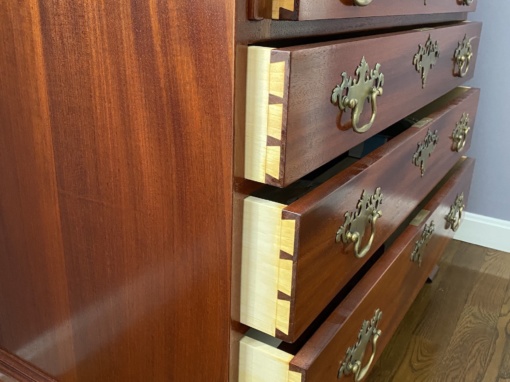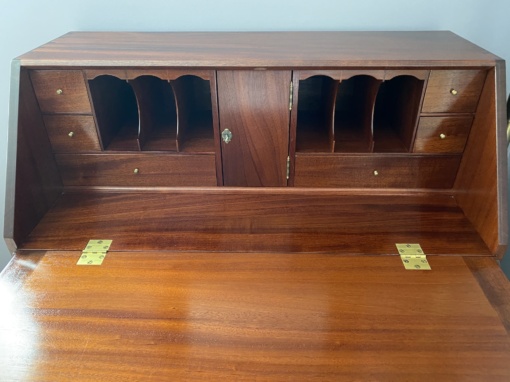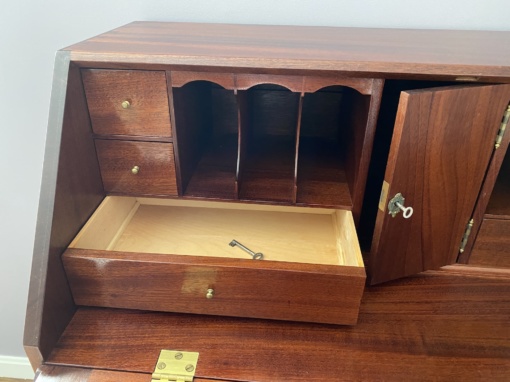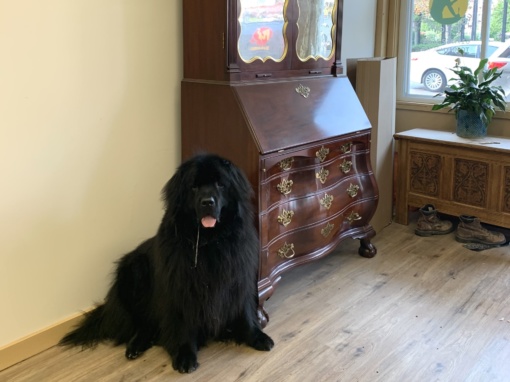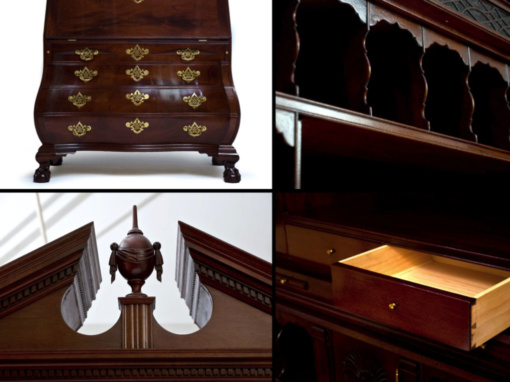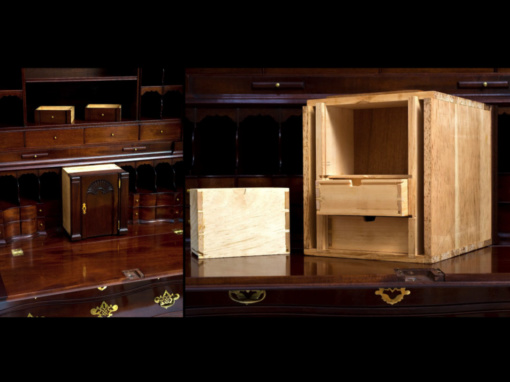The prevalence of button batteries (those small, button-sized power peas used for car key fobs, toys, remote controls, hearing aids, etc.) around the home has led to an uptick in the incidents of accidental swallowing by toddlers and seniors.
While the products the batteries operate may be safe, access to the battery is often too easy, and curious toddlers don’t know enough not to pop the candy-looking button battery in their mouth. And where symptoms can resemble other common ailments (stomach ache, fever) it can be hard to diagnose.
On the other side of the spectrum, seniors report mistaking a button battery for a pill and end up ingesting the dangerous item. Although batteries can pass through the intestine, often they become lodged in the throat or intestine and can release hydroxide, which can cause dangerous burns.
The CPSC is currently working to address this household hazard. In the meantime, they recommend the following safety steps:
Credit: CPSC








